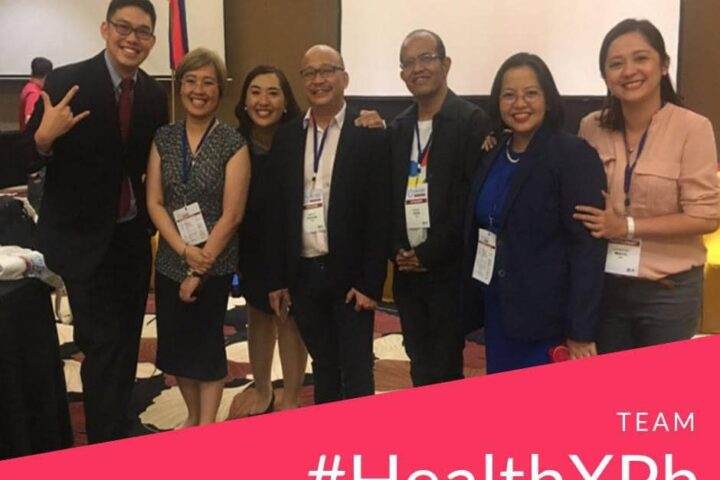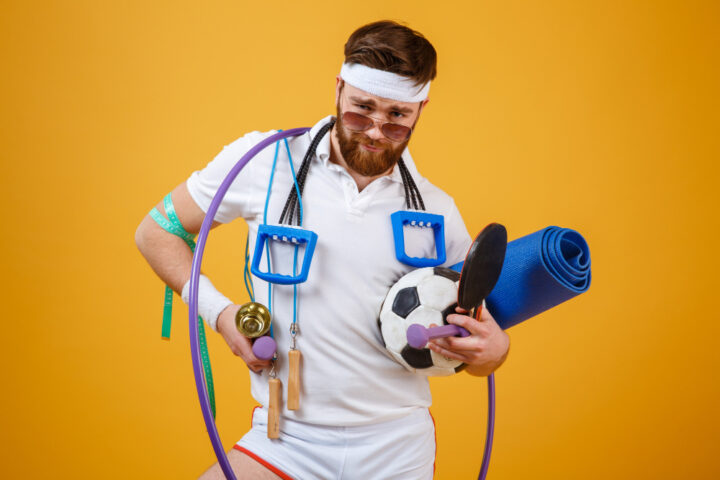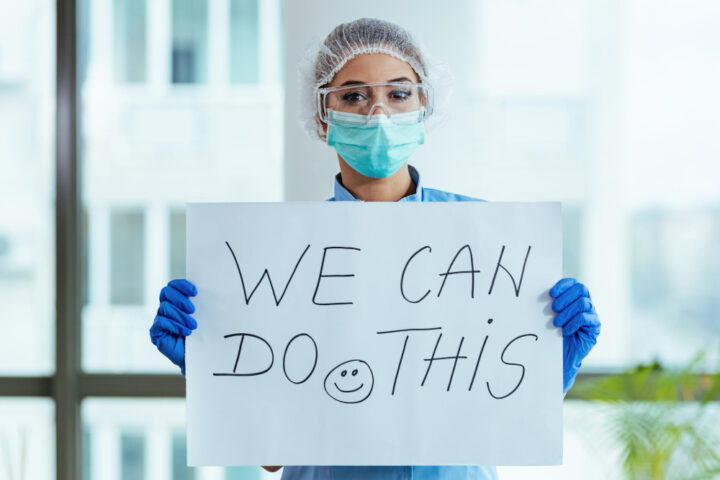“You don’t find time to do all these stuff outside of your physician’s life. You make time” as the cliche goes.
Nowadays, I shy away from giving personal advices but instead “listen” until the advise seeker process his or her own personal thoughts and strategy. Knowing how different life circumstances are, my “personal” advices rarely work on everyone else on this planet.
Yet there is a personal strategy I use everyday (or at least try to) in finding balance to the “tug of war” of my personal and professional life. Nothing in this strategy is original to me. I got most of it from people I look up to or books that I read. The components of this personal strategy are mostly life tweaks, or hacks, a product of daily hit and miss experimentations. So if you are looking for a template to develop your own “personal” strategy, have at look at my daily routines. Pick the ones that would work for you or better yet, tweak to customize your own strategy. Enjoy!
- I meditate for 15-20 minutes daily. There’s evidence proving the benefits of mindfulness and meditation. My day would be a bit calmer, tasks and goals clearer and I react less to outside trivial triggers. The goal here is really not to create a state of mind and being but just to be self aware and mindful of everything that comes into mind. Consistency is key for me. The more I do it everyday, the greater is the benefit for me. I use a guided meditation app called Headspace.
- I journal everyday. Journalling makes my tasks and goal for the day clearer and simpler. My morning journal also centers on what not to do to weed out unnecessary stuff on my schedule. Journalling triggers a good portion of creative inspiration in me. At night, journalling gives a sense of fulfillment for completing small but meaningful tasks . My format is basically a tweaked 5 minute journalling although doodling sometimes eat another good 10 minutes of my time.

An empty example of my daily journal. - I talk to mentors as often as I could. I have a set of personal and professional board of advisers I call to for advice. These are people who’s thoughts and advices on subjects add value to my my decision making process. Sometimes, “talking” means reading self help, life hack books to pick out skill sets or strategies and then customise it for my own purposes.
- I connect with my advocacies. I knew only a handful of lucky people who’s advocacy exactly coincides with a career that put food on the table. Mine is far from such although I strive daily to align my advocacies and work. An advocacy (like our at #HealthXPh) is self fulfilling while achievement is usually associated with “wins” in our professional lives. Advocacies also steer me directly to an aspirational self “who changes the world” for the better.
- I practice my hobby, everyday. Hobbies are not just a distraction but a life essential for me. It is my ultimate source for the creative juice for a life I designed for myself. I love photography and hiking as well as blogging. So I invest time and money modestly in these to force myself into consistently practicing it. I have to or else my professional life will eat up more time of my daily schedule.
- I network with friends outside my professional circle. A nurturing community outside my professional circle is an essential for me. I found out that most of the personal “help” I had in the past was from people outside my professional circle. This network of friends are also a source of life hacks I listen to and emulate.
- I read books. Goes without saying that I consider books as mentors too. It is my gateway to new and exciting world beyond what my mind could possibly ponder alone. A good 15-30 minutes or even an hour is spent on reading pages of one or two books, then another 15 minutes for my “marginalia” or very short personal summaries of the pages I read. I also horde books. It’s a screaming bargain!

Book hoarding for later read. - I aggressively protect my personal and family time. Another very important non negotiable for me. I know this is very hard for most of us in the medical profession but I started out focusing on small day to day opportunities of saying “no” when my personal life requires me to. Key is being consistent on what constitute personal or family time. Sometimes industry will hate me for having such a immovable stance on this, but I felt somehow they’d respect me for doing so.
- I consciously build a productivity based and proactive professional practice rather than a reactive one. I can’t work effectively or productively for more than 4 hours each day, except while doing surgeries. I found this primarily beneficial to my patients, who deserved the best and most productive of my time. This translates to less income for me but greater non tangible benefits for my professional and personal life.
- I exercise 15 minutes each day. The benefits of regular, consistent exercise is well documented. Doesn’t matter what form of exercise is available to me so long as I move. I sometimes dance when no one else is looking. 🙂
Well wait you might ask what the heck am I enumerating these for? First, I specifically mentioned “processes” or daily routines that help me “win” the balance to a daily tug of war of personal and professional lives. These routines help me make better choices or at least avoid the worst ones. Do I have proof that these work? On a personal level, yes or at least I felt it’s working for me. I think finding the balance in our life starts with the small, daily processes and decisions we make. So in this case, to win big, I start with the daily struggle and work from there.
I hope you will find this useful. Feel free to comment below for your thoughts.













